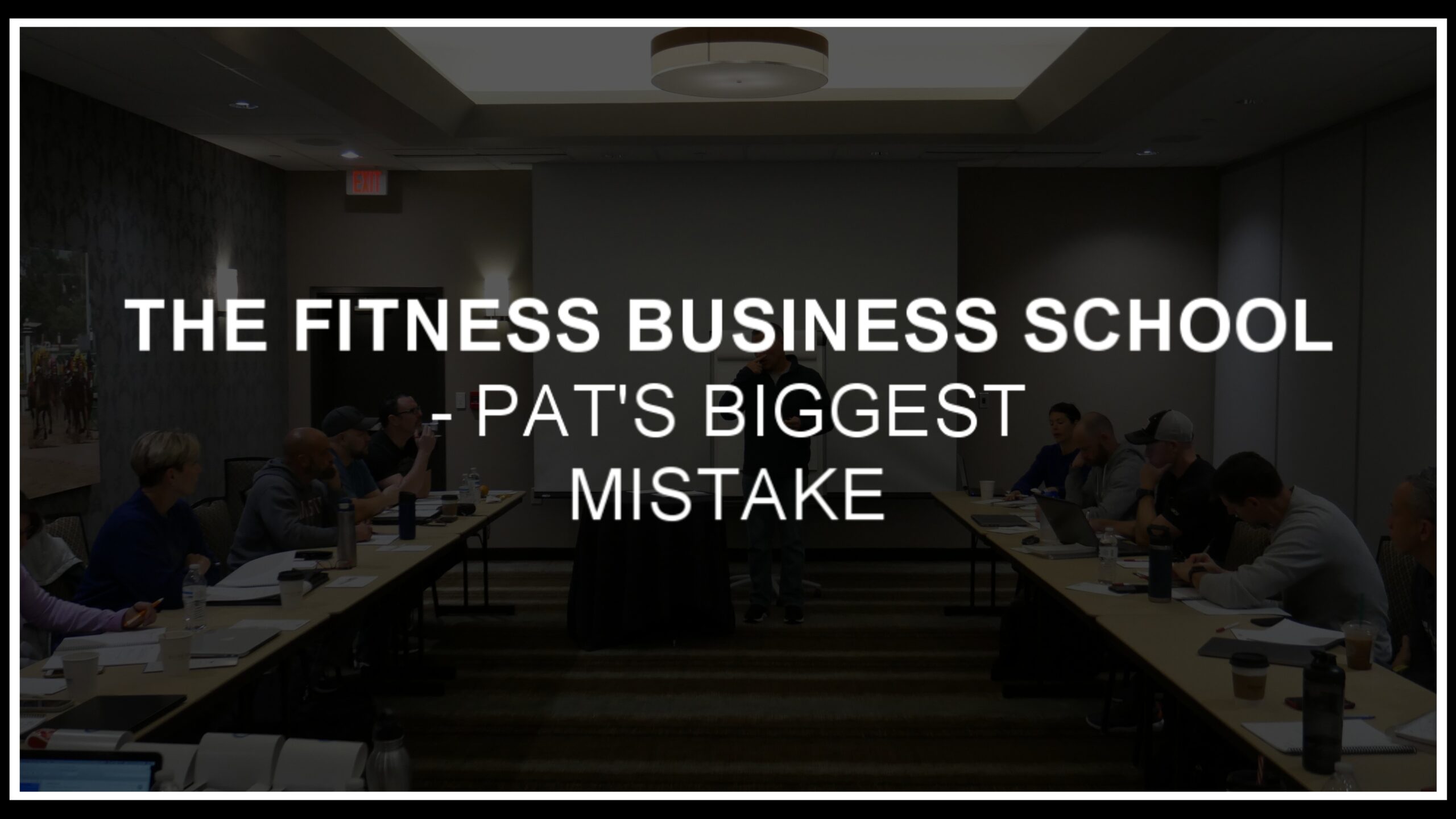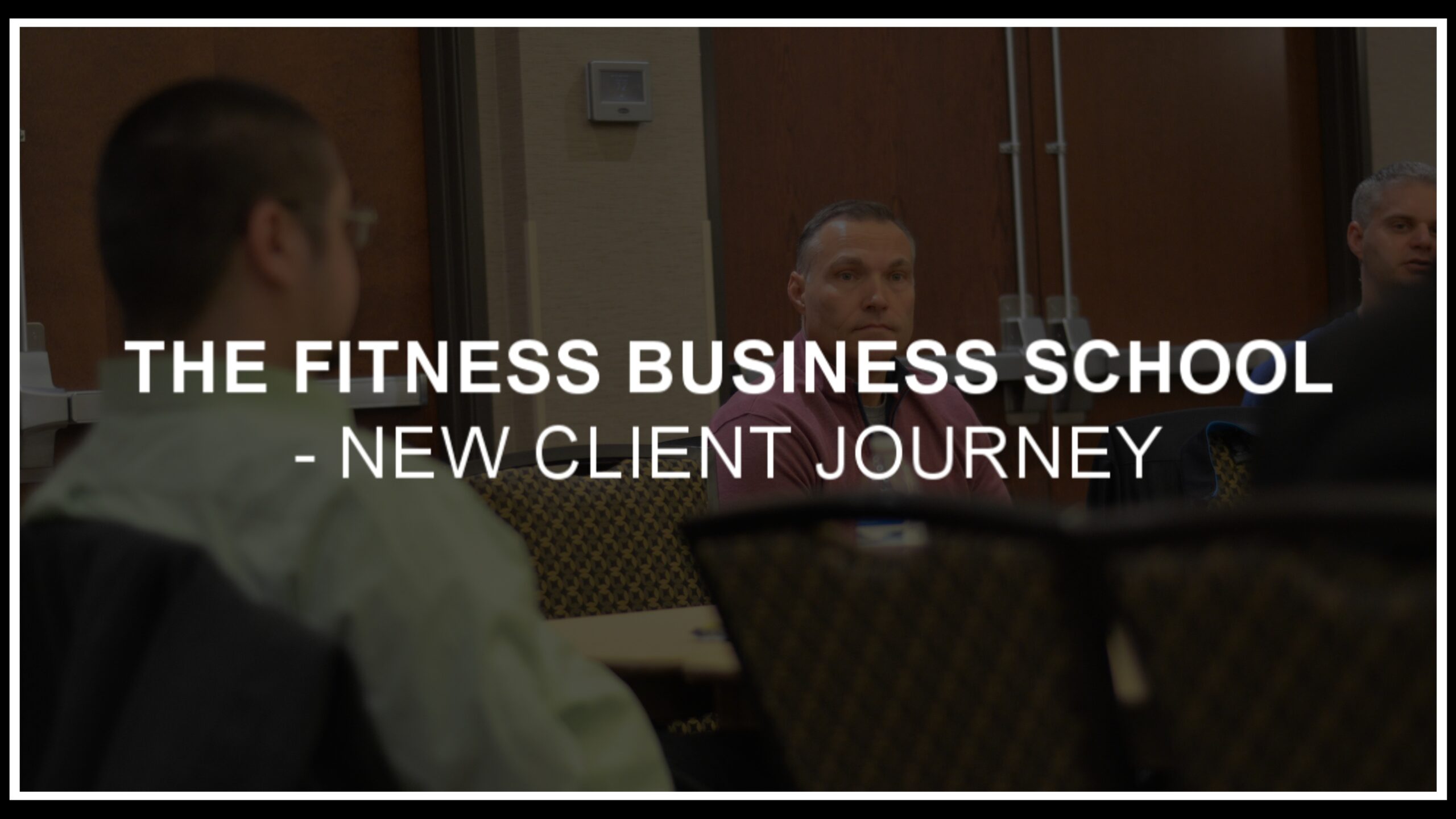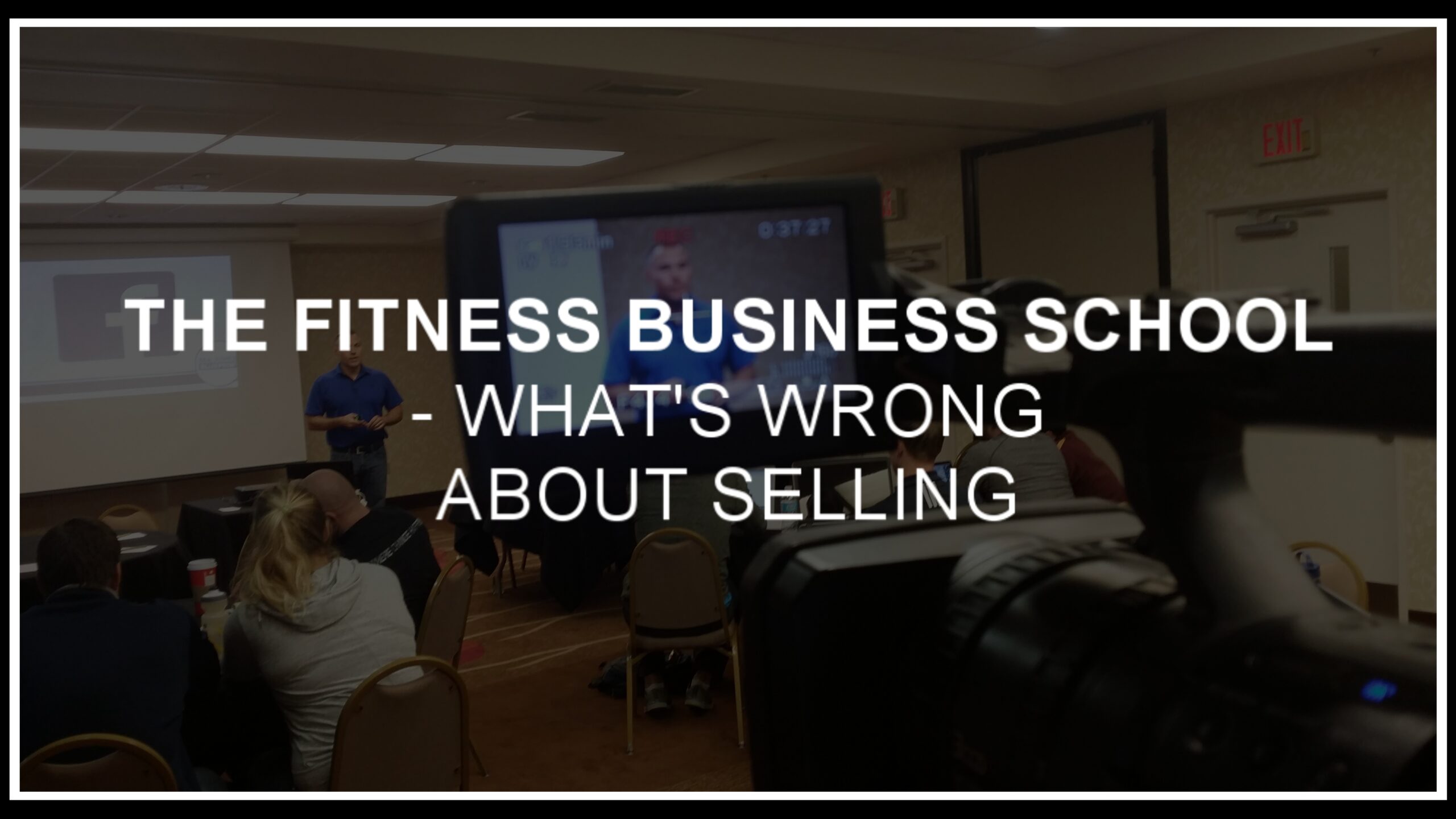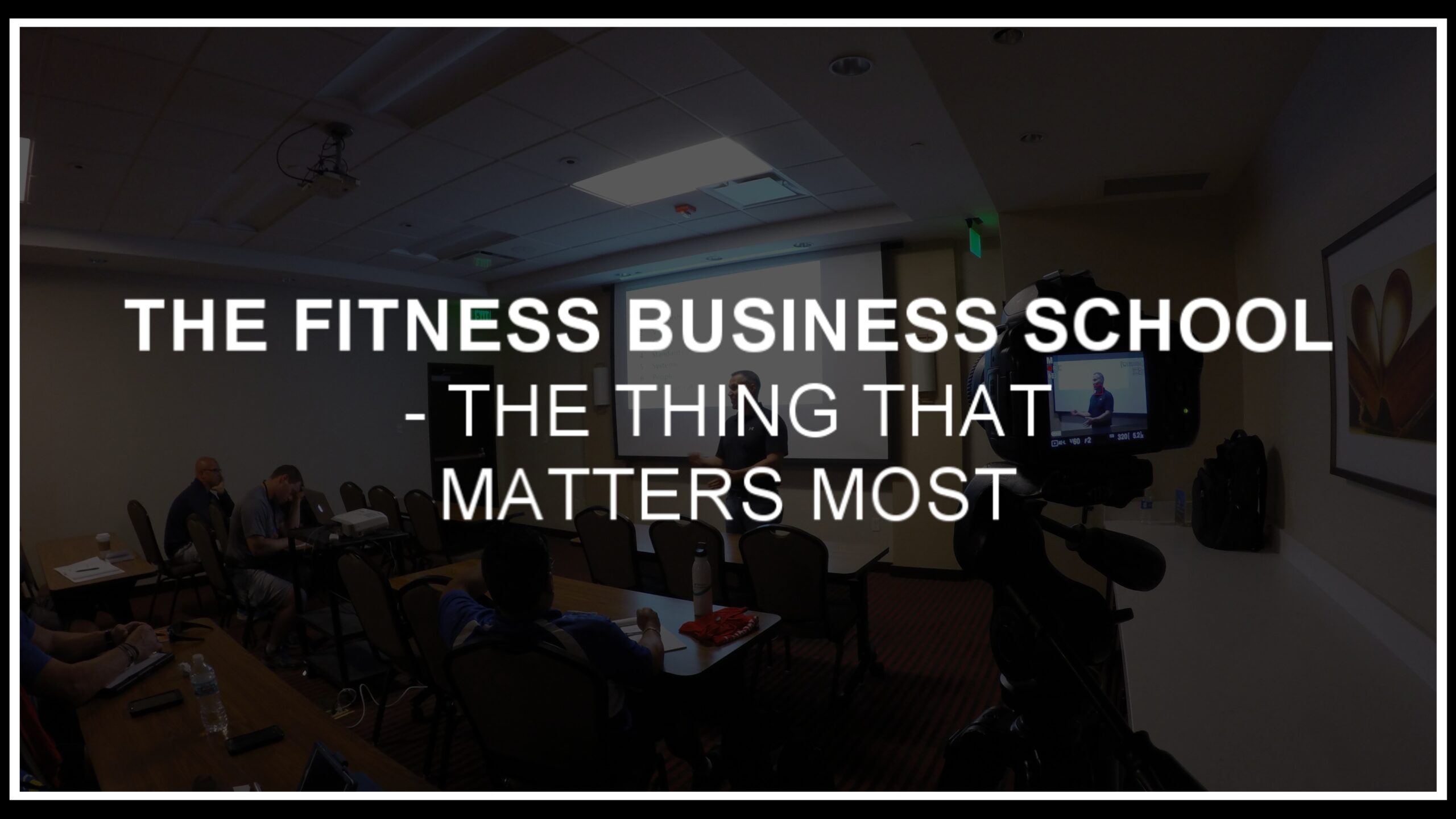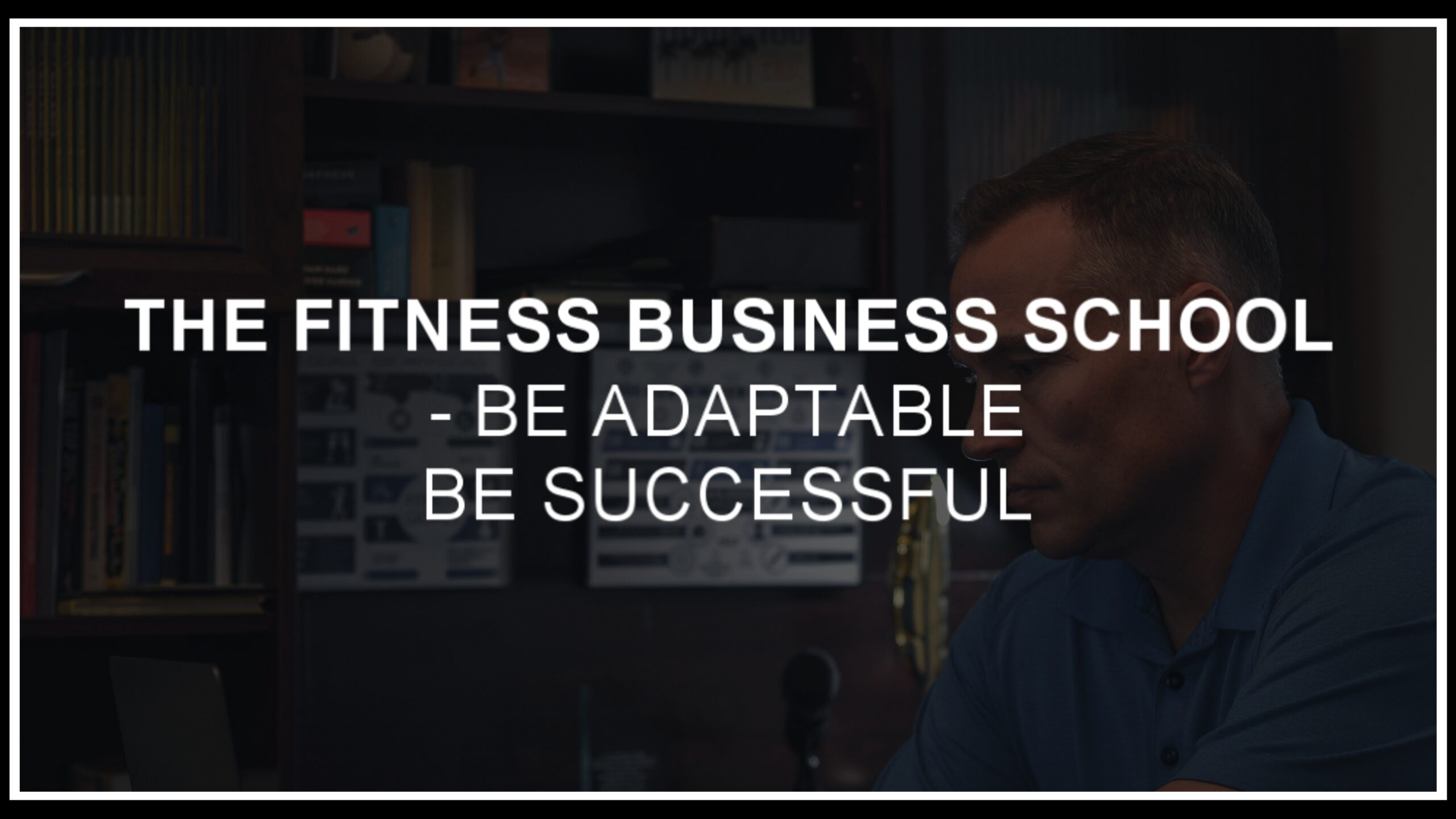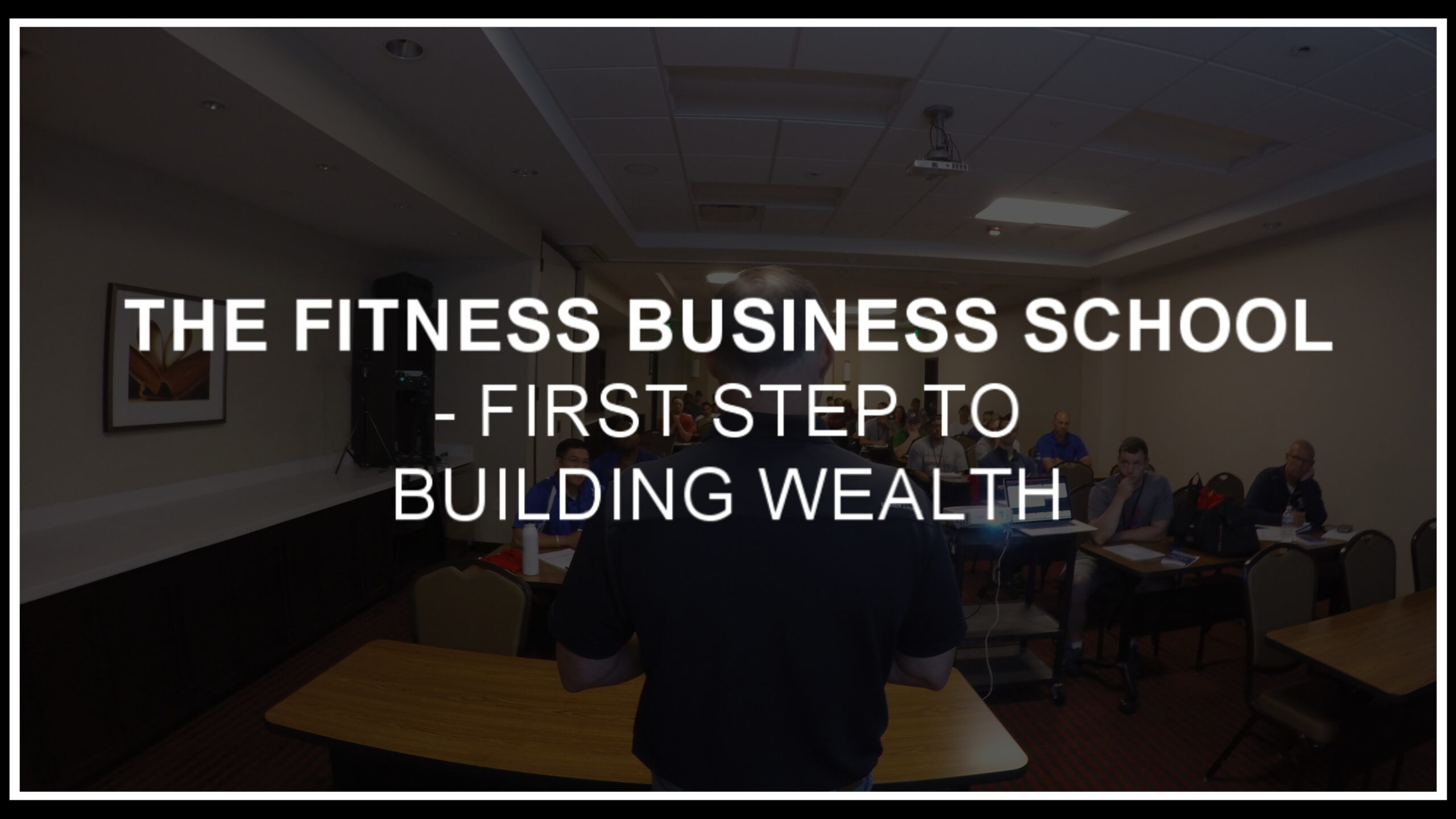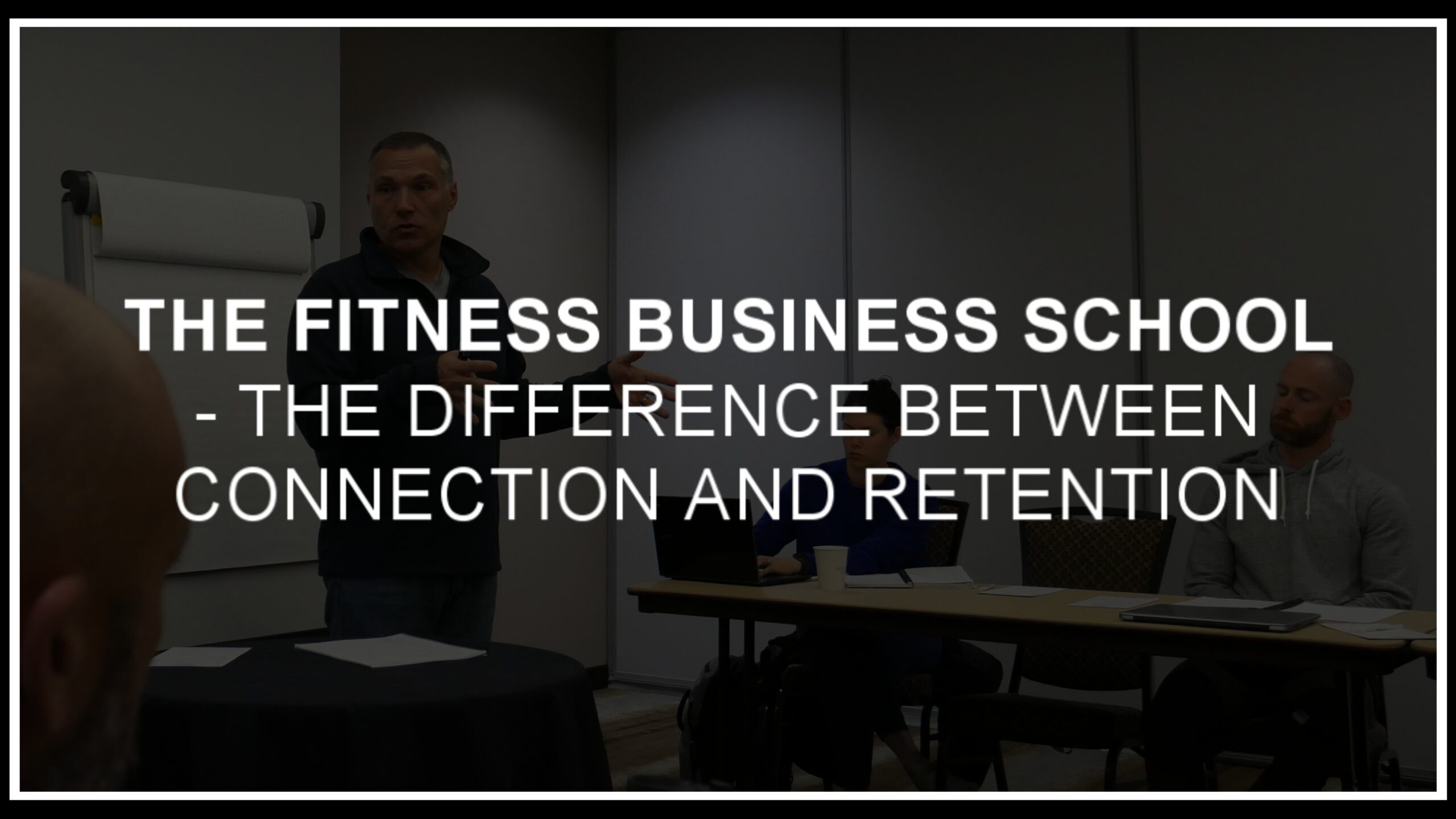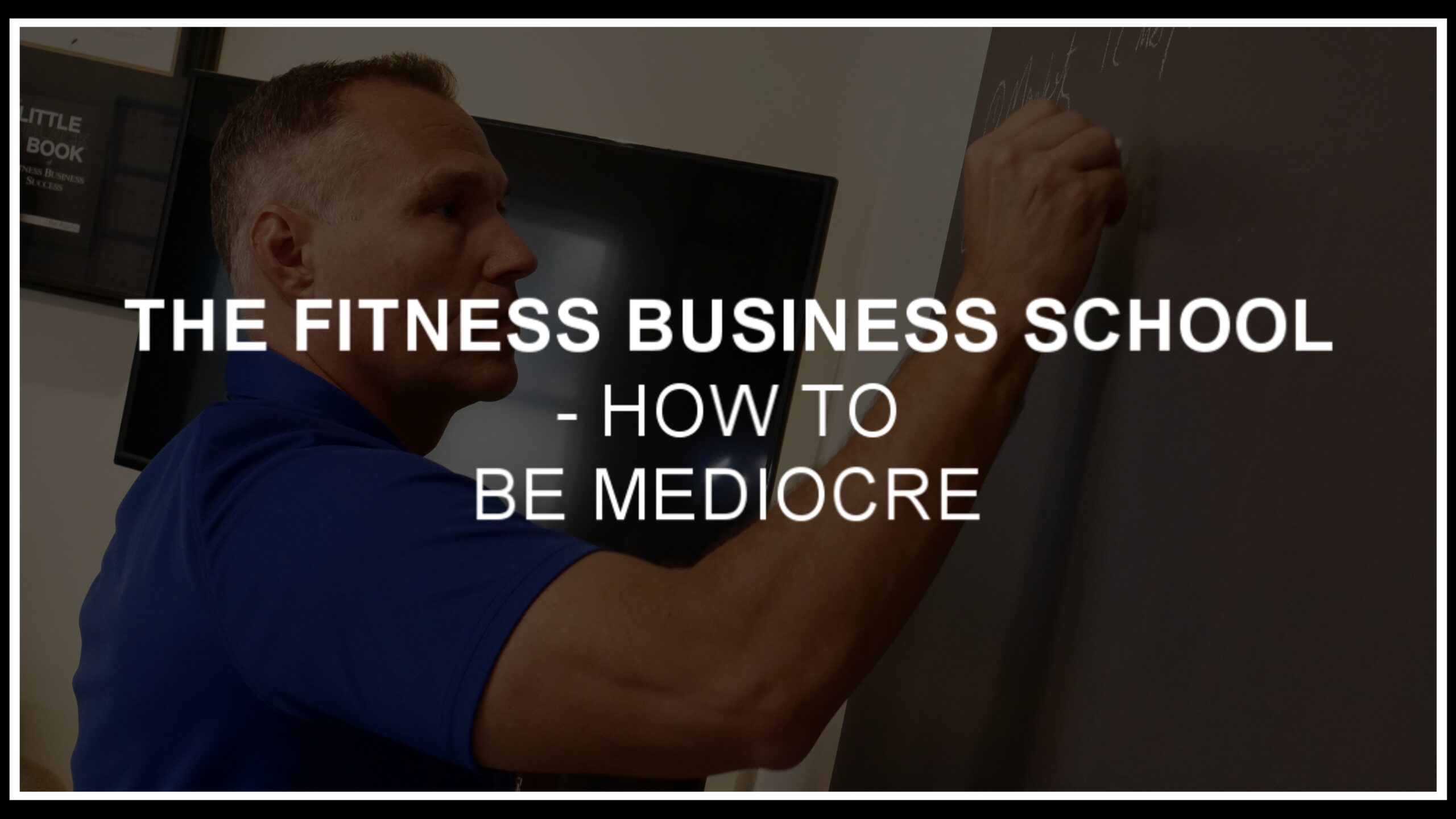Show Notes
00:00 Introduction to Hidden Secrets of Franchising
00:26 Exponential Fitness Exposé
02:21 Franchise Economics and Hidden Costs
04:11 Challenges and Realities of High-End Franchises
06:45 Franchisor vs. Franchisee Dynamics
09:25 Advice for Potential Franchisees
11:49 Conclusion and Special Offer
Full Transcript
Hey, Pat Rigsby here and in today’s episode, I want to talk about some of the hidden secrets behind franchising. Let’s get started.
Welcome to the Fitness Business School podcast, the show for fitness business owners who want to grow their income, increase their impact and improve their lifestyle. Be sure to listen to the end of this episode because we have a brand new special offer exclusive for listeners. So stay tuned.
Recently in Bloomberg, there was a kind of a big article. I don’t know if you quite call it an expose on exponential fitness. Now, if you’re not familiar with exponential, they have 10 different brands, things like cycle bar and stretch lab and club Pilates and row house. And Yoga, six and pure bar and a handful of other things.
And to say that the article was scathing might be an understatement. It alluded to the fact that exponential was bankrupting housewives across the country because they were becoming franchisees, right? They, there were somebody who probably liked yoga, so they became a franchisee of A yoga six or they like cycling and they became a cycle bar franchisee.
And I will throw this out here before I get into it. I don’t know a whole lot about this franchise. I’ve read some documents from the franchise along the way and some of the marketing material, because I’ve had a couple of clients inquire about some of their brands and get my thoughts. And. Frankly, I didn’t advocate that my clients become franchisees here because it certainly didn’t seem like, from my perspective, the franchise or had the best interest of the franchise at heart.
I think that they had pretty steep franchise royalties. They were going to be in expensive areas and have expensive buildouts and have a bunch of kind of hidden costs that we’re going to require somebody to need a bunch of people through the door, big membership bases in order to even have a remote chance of profitability.
But what most people don’t understand is, Franchises make their money in a lot of different ways, right? They make their money by selling franchises themselves. They’ve got A pretty steep franchise fee. Sometimes they’re paying that out to brokers or whatever else, but they franchises, sometimes they may have franchise fees of 30, 40, 50, 000 up front.
And they also get kickbacks from vendors in many cases, right? They get kickbacks from the suppliers. Anybody from the people that the franchisee has to get their signage through to equipment vendors to sometimes flooring vendors, insurance companies, you name it, they had the opportunity for a lot of kickbacks.
If they’re not doing certain things internally, like some companies run their own billing internally, some companies get a kickback from billing companies, even before a franchisee is ever open, because sometimes it takes, I know when I originally was a co owner of an anytime fitness, it took us over a year to get open because we were going into a new shopping Plaza that was being built at the time.
So we couldn’t get open quickly. So a lot of times. People may think the franchisor is not really making any money. They’re not getting any of that royalty. No, they made an upfront franchise fee. They made a, they’re making kickbacks from the vendors for anything that we’re purchasing. So they’re making money without a whole lot of out of pocket costs themselves on that.
Plus they can go sell area developer territories or master franchisee rights or any of that. But. The interesting thing is some of these really, I think, high end brands, and I think that’s what exponential kind of gravitates to, right? Like the high end brands that go in the higher end shopping plazas that are expensive real estate, like class A real estate usually.
Yeah, they need a lot of volume, but they’re going in these franchise that like the franchises have territories that are relatively small, right? They may have a territory that only encompasses, let’s say 15 or 20, 000 people, and as well as I do as somebody in the fitness industry, most people don’t belong to a gym.
Most people don’t work out. More people don’t belong to a jam or invest in a training based program than do by a significant amount. So there’s only so many potential members in a territory. And if you need six or 700 to be profitable, that’s not easy. Especially even if somebody is a good marketer, even if somebody is following the plan to a T, that’s not easy.
If they need six or seven hundred people and they’re capped at what their territory is, even if you have a reasonable rate of attrition or turnover, man, it’s hard to refill that pipeline. But remember, franchises, typically they’re paid off the top line. They’re paid off the gross revenue. They’re not paid off the profit.
So it doesn’t really matter if you’re profitable. It matters That you are generating revenue at all, so they can take a piece of it. And it’s a really interesting. Model, but so many of these franchises, like the ones I just alluded to are struggling and so many of them are, in my opinion, set up to, to fail because of all the stuff that I just said, it’s really expensive to operate.
They don’t have, it requires a high volume of people in order to be successful and their territories aren’t really designed to support that, but the franchise or They’re happy, right? They collect a bunch of money up front. They still get a royalty based on the gross revenue. Even if the business is losing 5, 000 a month, but it’s still making 20, 000 a month, they’re getting a royalty on that 20.
The franchising side of things is murky. It’s a real challenge because I think many franchisors, and I’m not going to begin to tell you for a minute what exponentials motives are. And the percentage of people that they the F. D. S. Tell you a lot of the story and it’s not tough to find if there are class action lawsuits from franchisees against franchisors or any of that.
So there’s probably plenty of information out there to learn about how they’re supporting their franchisees and. You know what it is. And I don’t expect to know for a minute how they actually feel about franchisees, but in theory, franchising should be something where the franchise or is thinking with the best interests of the franchisee in mind, they see this as a partnership to extend the brand, to extend the reach they’re going to help the franchisee be successful and get some compensation for helping them be successful.
And. When you see stories like this, if it’s the way that it’s represented, they’re basically seeing franchisees as somebody that is a means to an end, right? Like they, they grow their franchise base. They sell a lot of units and they offload the franchise to private equity. They don’t. See the franchisees as a partner.
And it’s very much in line with what I talk about with training businesses and their clients or with business coaches and their clients. Ultimately we have to decide, are we trying to help the people we serve win or are we extracting as much money from them as possible before that runs dry and I think that there’s a reason why I’ve been able to hang around in this industry as long as I have, and hopefully it’s pretty clear that I’m, I am trying to be a useful and valuable part of my client’s team.
I’m not seeing them as some transactional thing. It’s a transformational relationship, not a transactional one. Hopefully that’s the intention. I would tell you again, I feel like I’m in this kind of customer or consumer reports, advocacy type of mode here. And this episode and the one that I talked about business coaching, and that’s not really my intention.
It’s more or less. It’s just, I think sometimes we get our head buried and we only see the headlines and we only See the shiny stuff on Facebook ads or on Instagram or whatever else and we don’t get under the hood and sometimes when people buy they’re in desperation mode or they get infatuated with something and they’re only really looking at the good and I would tell you no matter what you’re going to do if you’re going to go invest in a Franchise if you’re gonna hire a business coach Do your due diligence.
And I will be the first to tell you, there’s some wonderful franchisors out there. I think the world of Forrest Walden and iron tribe, and I think he’s a great person that I think cares about the people that he serves, but there are also plenty of people who are just trying to make a buck and it’s okay if it’s at somebody else’s expense.
So if you are doing this, don’t. I’m not saying go rule out any of these options. I’m saying you need to investigate. You need to do your due diligence, but maybe more importantly, these are for all intents and purposes. These are all kind of coach client relationships. A franchisor is essentially a business and branding coach and support system for franchisees.
A business coach is a coach, right? Just like you. So you have to think about this. You have to learn from this, from your perspective. And when you, it’s so easy to look at this and be scornful towards the franchise or because they’re this big conglomerate and they’re. Taking advantage of the little guy that there are plenty of people in the training world that do the same thing.
They’re, they are quick to communicate when somebody’s billing goes bad, but they’re not there to help somebody in when they need it. And so I would tell you just, it, it’s a wonderful time is we’re kicking off. The 2024 to put our business under the microscope and saying, okay, are we doing things the right way?
Are we doing things in a way that, really will lead to the reputation we want to have that allow us to make the difference that we want to make and to allow us to serve in the way that we want to serve. And if we’re doing those things well, and we’re doing them at a high level and we’re introducing more people to it,
then we’re going to have a healthy business to boot.
Thanks for listening to this episode of The Fitness Business School.
Before you go, I have a quick announcement:
One of of the things that we’ve been doing with our current clients is taking them through this Ideal Business diagnostic and really what it is, this checklist that allows you to pinpoint exactly what your business needs next so you can keep improving, keep growing, and build a business that you love to own, one that pays you well, one that allows you to have the impact you wanna have and one that allows you to have a lifestyle that you truly enjoy.
In this diagnostic, we walk through everything and we do an evaluation and can instantly pinpoint what you need to do next to build that business that you want. I’m going to extend this opportunity to get on with either me or my team and take you through this evaluation and fix your business’s most vital needs fast.
So if we take you through this, you’re gonna be able to make those vital changes that you need to finally have what I call your Ideal Business. If you’d be interested in going through this entirely free, risk-free diagnostic with us and learn what you already have in place, what you’re doing well and where are your greatest opportunities for rapid improvement are just shoot me an email with diagnostic in the subject line to [email protected].
Again, an email to [email protected] with diagnostic in the subject line will get
you scheduled and take you through this evaluation to help you build the business you want.


